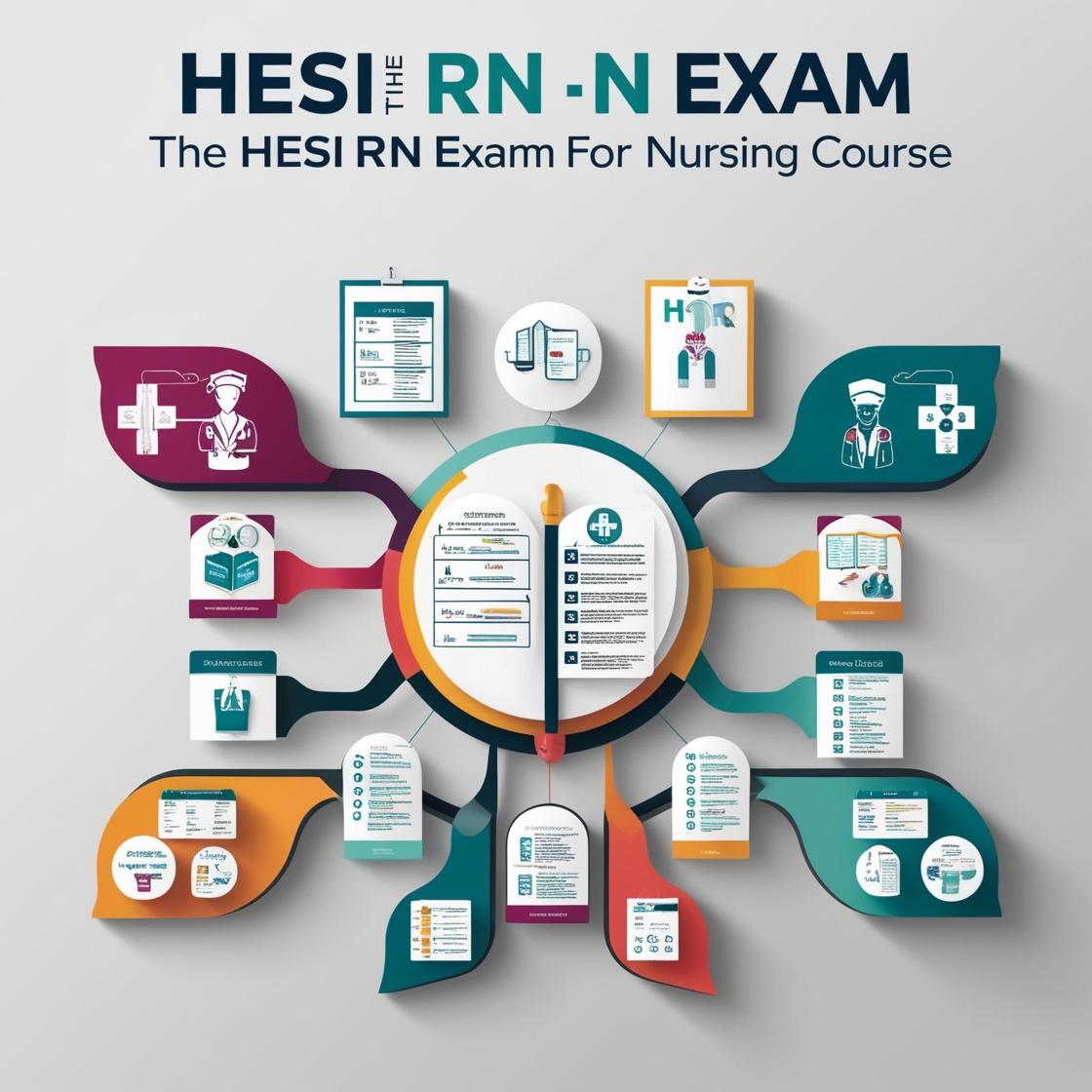HESI RN
HESI RN Medical Surgical Practice Exam
1. To evaluate the positive effect of furosemide (Lasix) 40 mg/day in a client with chronic kidney disease (CKD), what is the best action for the nurse to take?
- A. Obtain daily weights of the client.
- B. Auscultate heart and breath sounds.
- C. Palpate the client’s abdomen.
- D. Assess the client’s diet history.
Correct answer: A
Rationale: The correct answer is A. Furosemide (Lasix) is a loop diuretic used to manage fluid overload and hypertension in clients with CKD. Monitoring daily weights is crucial as weight changes reflect fluid status. Each kilogram of weight change approximately corresponds to 1 liter of fluid retention or loss, making it essential for evaluating the medication's effectiveness. Auscultating heart and breath sounds is more relevant for heart failure cases with fluid retention, not specifically for assessing the effect of furosemide in CKD. Palpating the abdomen is not a direct indicator of furosemide's effectiveness; instead, assessing for edema would be appropriate. While assessing the client's diet history is important to monitor electrolyte balance due to potassium loss with furosemide, it does not directly evaluate the medication's efficacy.
2. A client recovering from a cystoscopy is being assessed by a nurse. Which assessment findings should alert the nurse to urgently contact the health care provider? (Select all that apply.)
- A. Decrease in urine output
- B. Blood clots present in the urine
- C. Prescription for metformin
- D. A & B
Correct answer: D
Rationale: After a cystoscopy, the nurse should monitor urine output and promptly contact the provider if there is a decrease or absence of urine output. Additionally, the nurse should assess for blood in the urine. While some pink-tinged urine may be expected, the presence of gross bleeding or blood clots warrants immediate provider notification. Tolerating oral fluids is a positive sign and does not require urgent intervention. Metformin would be a concern if the client received contrast dye, which is not used in a cystoscopy. A burning sensation when urinating is a common post-procedure experience and does not necessitate contacting the provider. Therefore, choices A and B are the correct answers as they indicate potentially serious complications that require immediate attention, while choices C and D do not align with urgent concerns following a cystoscopy.
3. A CD4+ lymphocyte count is performed on a client infected with HIV. The results of the test indicate a CD4+ count of 450 cells/L. The nurse interprets this test result as indicating:
- A. Improvement in the client
- B. The need for antiretroviral therapy
- C. The need to discontinue antiretroviral therapy
- D. An effective response to the treatment for HIV
Correct answer: B
Rationale: A CD4+ count of 450 cells/L is below the normal range (500-1600 cells/mcL), indicating a decline in immune function in the client. Antiretroviral therapy is recommended when the CD4+ count falls below 500 cells/mcL or below 25%, or when the client displays symptoms of HIV. Therefore, the interpretation of this test result suggests that the client requires antiretroviral therapy to manage the HIV infection. Choices A, C, and D are incorrect because a CD4+ count of 450 cells/L does not signify improvement, discontinuation of therapy, or an effective response to treatment for HIV.
4. A nurse is assessing the status of a client with diabetes mellitus. The nurse concludes that the client is exhibiting adequate diabetic control if the serum level of glycosylated hemoglobin A1C (HbA1C) is less than:
- A. 7%
- B. 9%
- C. 10%
- D. 15%
Correct answer: A
Rationale: The correct answer is A: 7%. Glycosylated hemoglobin A1C (HbA1C) level of 7.0% or less is considered indicative of adequate diabetic control. This level reflects good long-term blood sugar management. Choices B, C, and D are incorrect because an HbA1C level above 7% indicates poor diabetic control and an increased risk of complications associated with diabetes, such as cardiovascular disease, neuropathy, and retinopathy.
5. A serum phenytoin determination is prescribed for a client with a seizure disorder who is taking phenytoin (Dilantin). Which result indicates that the prescribed dose of phenytoin is therapeutic?
- A. 3 mcg/mL
- B. 8 mcg/mL
- C. 16 mcg/mL
- D. 28 mcg/mL
Correct answer: C
Rationale: The correct answer is 16 mcg/mL (Choice C). The therapeutic serum phenytoin range is typically 10 to 20 mcg/mL. A level below this range may lead to continued seizure activity, indicating subtherapeutic levels. Choices A, B, and D are below the therapeutic range and would not be considered therapeutic for a client with a seizure disorder on phenytoin therapy.
Similar Questions

Access More Features
HESI RN Basic
$69.99/ 30 days
- 50,000 Questions with answers
- All HESI courses Coverage
- 30 days access @ $69.99
HESI RN Premium
$149.99/ 90 days
- 50,000 Questions with answers
- All HESI courses Coverage
- 30 days access @ $149.99
